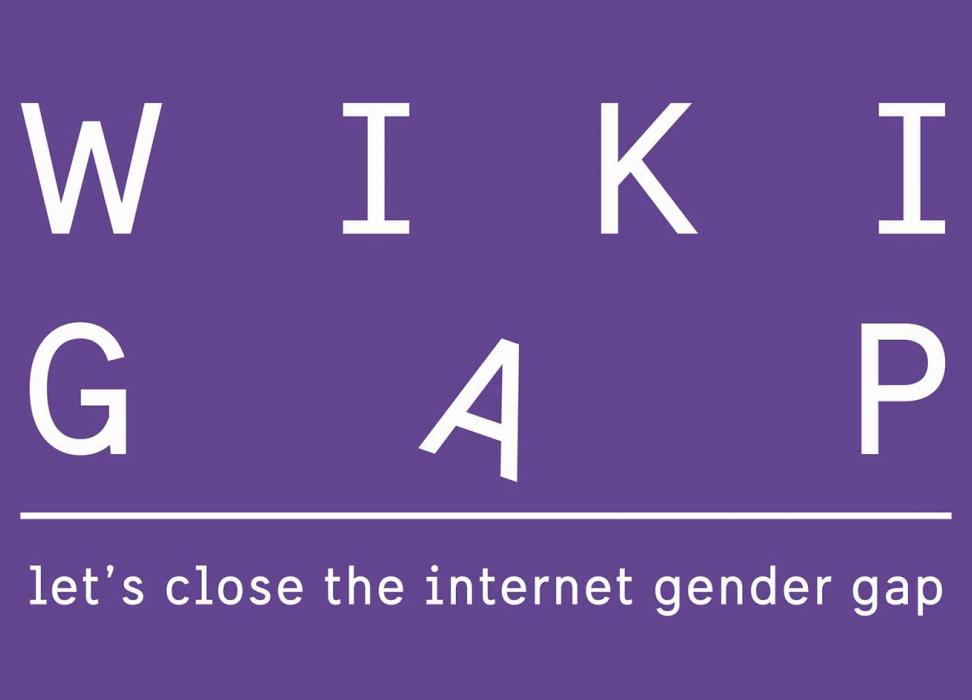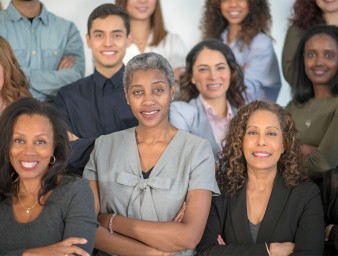Wikigap challenge
A public competition to close the gender gap on Wikipedia

A public competition to close the gender gap on Wikipedia
Bogaletch Gebre passed away last year, largely unknown outside her native Ethiopia. Herself a victim of genital mutilation, she was a leading figure in the fight against female genital mutilation and bridal abductions.
Bogaletch’s story – in addition to those of 18 other women human rights defenders – is now available to the world on Wikipedia in 32 different languages. These stories were created as part of the #WikiGapChallenge which just concluded, with the support of the UN Human Rights Office.
Launched last month on the occasion of International Women’s Day, the #WikiGapChallenge aimed to give voice to Women Human Rights Defenders, whose stories often go unheard.
The Challenge was organised under the global #WikiGap campaign, which was initiated in 2018 by the Swedish Ministry of Foreign Affairs together with Wikimedia Sverige, the Swedish Wikimedia chapter, to improve the gender imbalance in Wikipedia content and contributors. For the Challenge, UN Human Rights collaborated with Wikimedia Sverige, the Wikimedia Foundation and global Wikimedia affiliates, by offering a list of names of important women in human rights, with few or no articles on Wikipedia. View a list of topics around women’s rights that need articles, improvements, or translations on Wikipedia.
“One of the most subtle, cruel yet effective ways of perpetuating gender-based discrimination and stereotypes is to ignore or underplay the essential contribution that women make to our societies. I am greatly touched by the amazing work of the 72 competitors who created or improved 3,224 articles about smart, courageous, visionary women, many of those human rights defenders. Ensuring their stories are available online is a fundamental contribution that helps to change narratives and perceptions about women and to inspire others to join their struggles”, said Veronica Birga, Chief of UN Human Rights’s Women's Human Rights and Gender Section.
Andriy Hrytsenko, a university teacher from Ukraine, has been selected as the winner of the #WikiGapChallenge. As a reward, the UN Human Rights Office will offer Hrytsenko the opportunity to participate in selected events in Geneva, Switzerland, organized by UN Human Rights. The precise time and occasion of the events will be announced later and depend on the evolving situation of the global COVID-19 pandemic.
"I think that WikiForHumanRights is a great innovation. It is interesting to write about the history of women's rights activists. A few stories struck me the most... I was inspired by Bogalech Gebre. It was difficult for me to imagine in what conditions she must have lived and fought, for the rights of Ethiopian women... I hope my example will inspire newcomers… As Wikipedia becomes more and more popular for students and adults, contributing to it is an important social and intellectual mission" Hrytsenko said.
As part of an institutional partnership to promote human rights, UN Human Rights and Wikimedia Foundation will continue to collaborate with contributors from Wikimedia communities worldwide to edit and create content in different languages through various regional events.
In 2020, UN Human Rights joined forces with Wikimedia for the #IStandWithHer campaign to help #ChangeTheStory and promote a fair and non-stereotyped portrayal of women online and in the media. In the past year, notable collaborations include a #WikiForHumanRights campaign, during which 721 articles, covering a wide range of human rights topics, were edited in more than 12 languages; and an editathon in Latin America, which resulted in 19 edited articles in Spanish about gender equality.
Stay tuned for more in the upcoming weeks!



